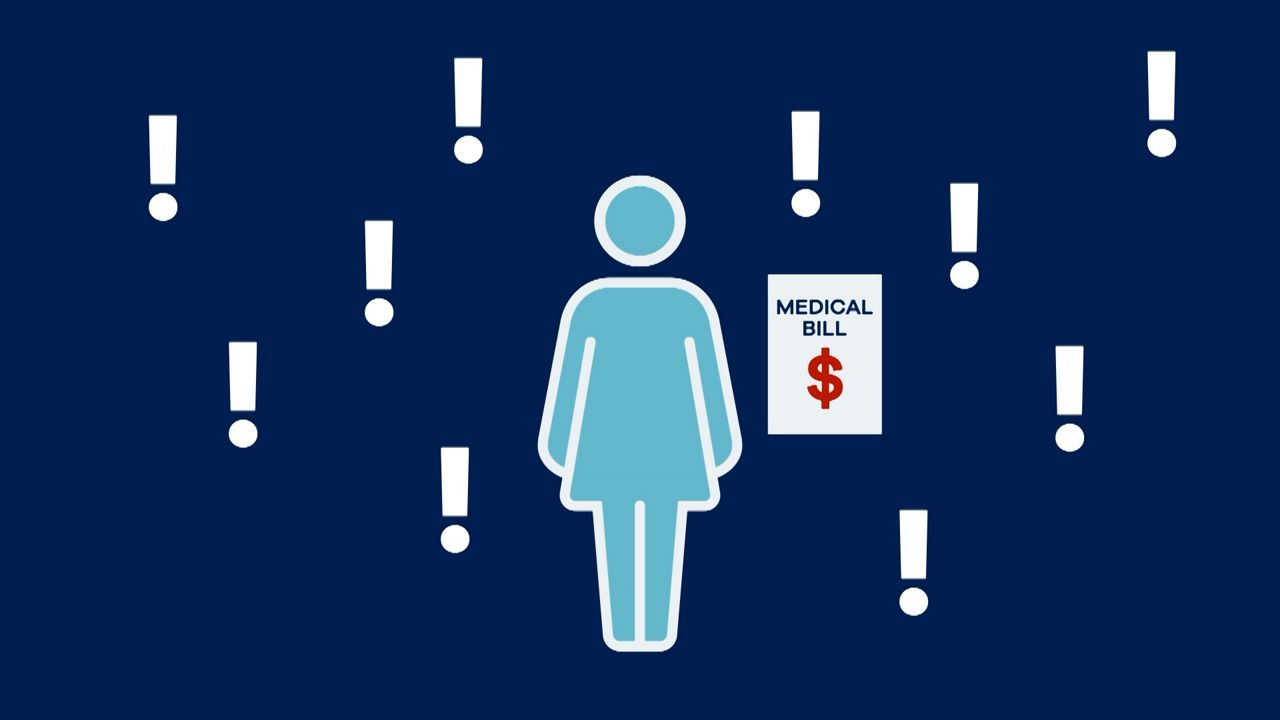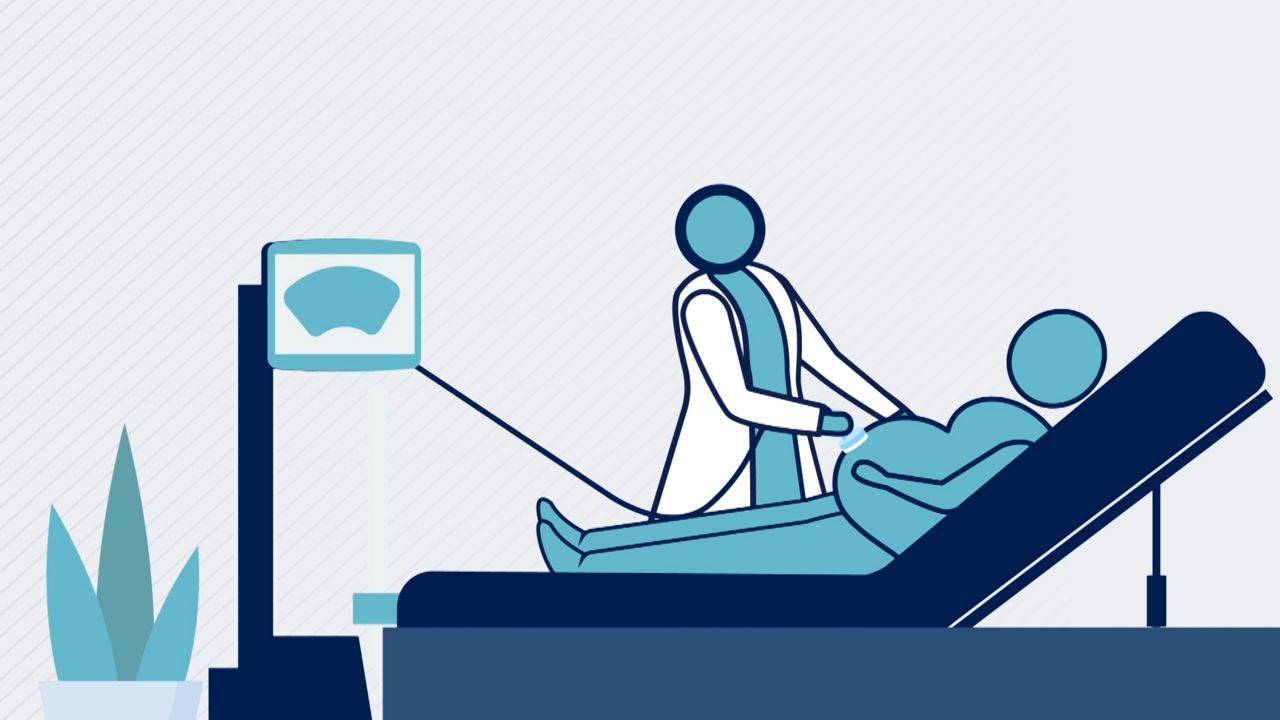Sleep experts are ringing the alarm, they say it is time to take sleepiness seriously. National Health Reporter Erin Billups has more on a new sleep awareness push.
What You Need To Know
- A new paper from the American Academy of Sleep Medicine says one third of American adults are excessively sleepy
- When we sleep, prunes away unnecessary connections made during the day
- Lack of sleep can lead to many health problems
We understand that sleep should be a priority, but sleep surveys show most of us are just not putting it into practice. The American Academy of Sleep Medicine says one third of U.S. adults are excessively sleepy.
"Life is so hectic and busy and we tend to have a lot of other things that are more interesting than sleep sometimes. And so we may not prioritize sleep even though we say that we do,” said Sleep Medicine Doctor, Fariha Abbasi-Feinberg, who also serves as a member of the American Academy of Sleep Medicine’s board.
In a new position statement from the Academy, sleep experts said it is time for the medical field to take sleepiness more seriously.
“We want health care professionals, policymakers, and researchers to prioritize the evaluation and management and treatment of sleepiness to improve public health. We think it's necessary to come up with some objective, biomarkers perhaps of excessive sleepiness, perhaps some blood tests or other physiologic markers,” said Abbasi-Feinberg
The hope is that more treatments will be developed for patients who struggle with excessive sleepiness, which may stem from a sleep disorder like narcolepsy or from haphazard sleep schedules.
It’s not uncommon to experience a fitful night’s rest, or to have work, school or other personal emergencies impact sleep for a day or two. But Abbasi-Feinberg said anyone who is not getting the recommended seven hours of sleep regularly, for more than three months, is dealing with a chronic sleep issue.
“Chronic sleepiness can have profound impacts on both physical and emotional health. It is associated with impaired cognitive function,” said Abbasi-Feinberg. “Folks tend to over time have developed other medical issues such as high blood pressure. They can have eating disorders. It contributes to depression and anxiety, which definitely affects the quality of life.”
It is only in the last couple decades that researchers have learned why sleep is so crucial to our health. During the multiple cycles of sleep, the brain is systematically cleaned. This process involves the recently discovered glymphatic system, which organizes connections made during the day, memories, things we learned are sorted and what’s not needed is pruned away.
Chronic sleepiness may interrupt that process said Abbasi-Feinberg. “We know that sleep is so important for memory consolidation, for learning, and for the ability to feel alert. And so sleep does so, so very much for us.”
If sleep is elusive, don’t ignore it. “Especially if you are having trouble being sleepy during the day, if you are having problems driving, problems at work, problems with your family because you can't attend to them, then please get some help.”
You can learn more and find specialists at The American Academy of Sleep Medicine websites sleepeducation.com and sleepisgoodmedicine.com.










